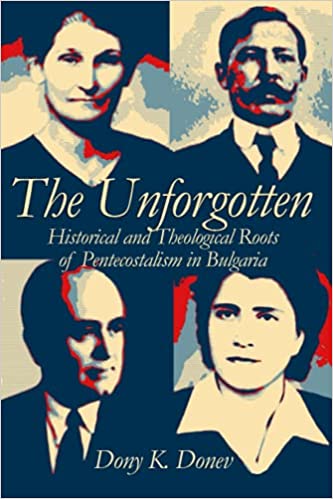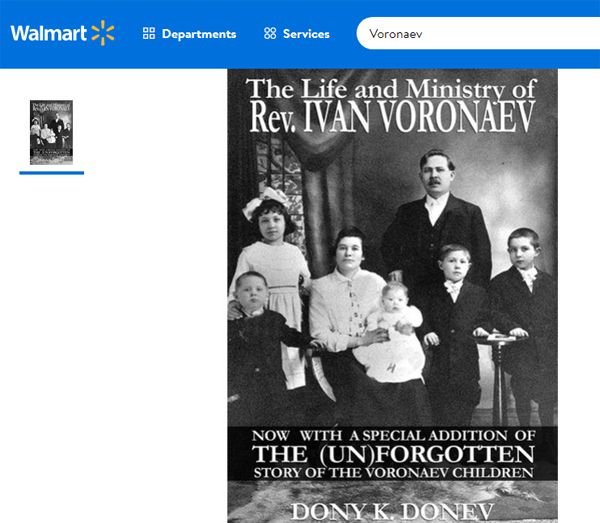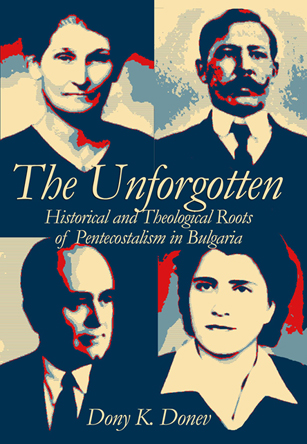50% OFF SALE on Amazon
A Practical Superfood Survival Guide of Wellness Recipes
ORDER at: https://www.amazon.com/Practical-Superfood-Survival-Wellness-Recipes/dp/B0B1ZPB339/
NEW Bulgarian Bible Theological Dictionary
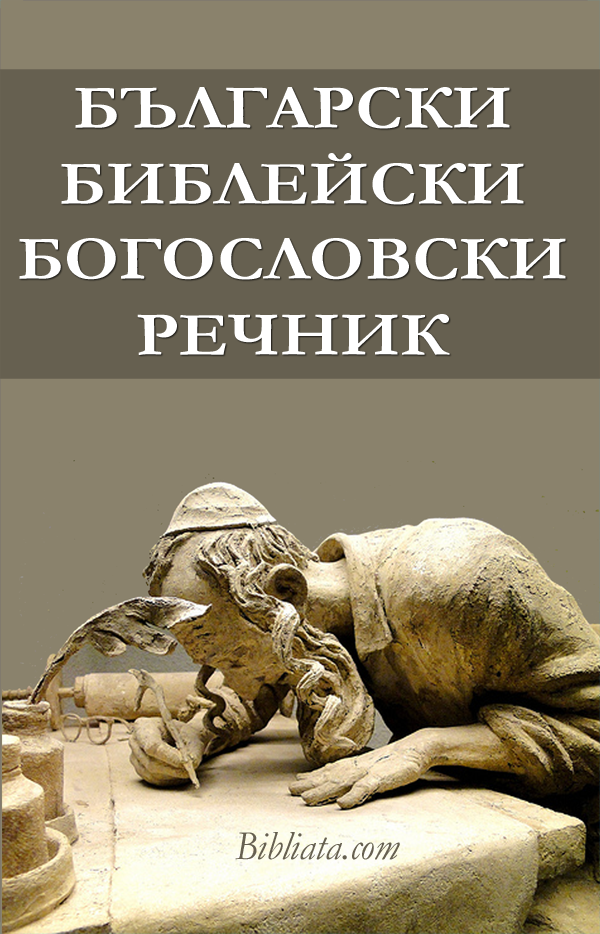
Ivan Voronaev’s Book in WalMart for Palm Sunday
FOLLOW THE LINK to purchase today:
CHRISTMAS BOOK SALE
Since 2011, we have authored over two dozen books related to our ministry and mission work in Eastern Europe. As several of the prints are now almost exhausted and second/third editions and several new titles are under way, we are releasing all currently available editions in a Christmas sale through the month of December. All titles are available at up to 30% off and Amazon offers free shipping and extra savings for bundle purchases.
BLACK FRIDAY BOOK SALE
All books by Cup&Cross on SALE
Final clearance sale for the year with new titles coming up in early 2021
CLICK the picture below to view all titles on Amazon.com
BULGARIA represented with 5 lemmata in the printed BEGP
Brill’s Encyclopedia of Global Pentecostalism (BEGP) provides a comprehensive overview of worldwide Pentecostalism from a range of disciplinary perspectives. It offers analysis at the level of specific countries and regions, historical figures, movements and organizations, and particular topics and themes. The published volume is now available along with the online version of the Encyclopedia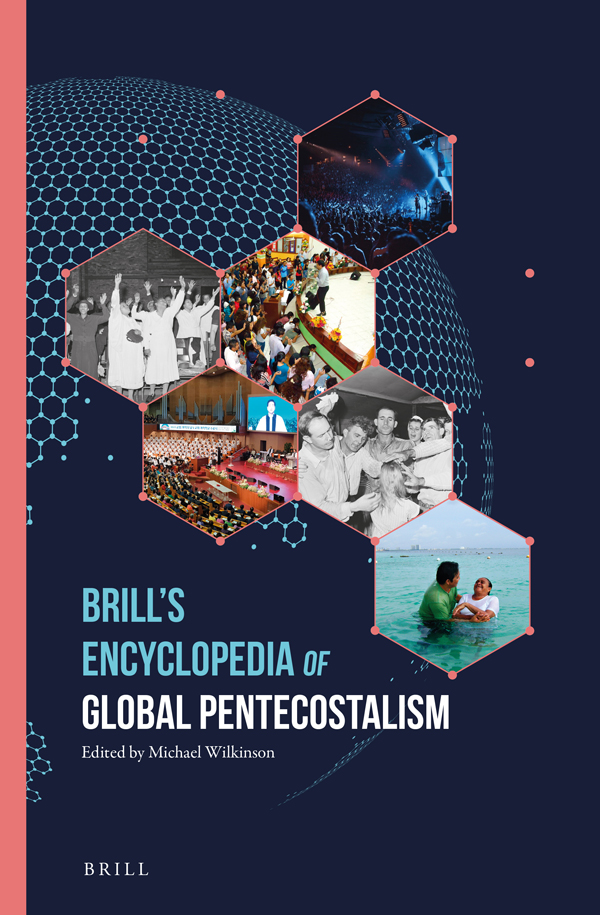
BULGARIA in Brill’s Encyclopedia of Global Pentecostalism
Brill’s Encyclopedia of Global Pentecostalism (BEGP) provides a comprehensive overview of worldwide Pentecostalism from a range of disciplinary perspectives. It offers analysis at the level of specific countries and regions, historical figures, movements and organizations, and particular topics and themes. The online version of the Encyclopedia is already available
For some of you it has been a long time ago that you submitted your article(s) for BEGP, for others it was a bit more recent, but I am very happy to announce that this Summer the print edition of Brill’s Encyclopedia of Global Pentecostalism will finally see the light. With this we can proudly close this chapter and proceed to see what the reception of the volume will bring! Thank you for being part of this great project!
To celebrate, we will organize an online symposium on September 16th, with presentations from the editors as well as 3 experts who will comment on BEGP: Amos Yong, Birgit Meyer and Néstor Medina. You can find more detailed information in the attached flyer. Please be welcome.
Registration is free (but necessary to receive a link); we will raffle one free copy of the print edition among the registered participants. For registration and questions, please send your message to [email protected], mentioning Symposium in the subject line.
We hope to see you then!
Brill’s Encyclopaedia of Global Pentecostalism
Brill’s Encyclopedia of Global Pentecostalism (BEGP) provides a comprehensive overview of worldwide Pentecostalism from a range of disciplinary perspectives. It offers analysis at the level of specific countries and regions, historical figures, movements and organizations, and particular topics and themes. The online version of the Encyclopedia is already available
THIS JUST IN [hardcover]
The Unforgotten: Historical and Theological Roots of Pentecostalism in Bulgaria





